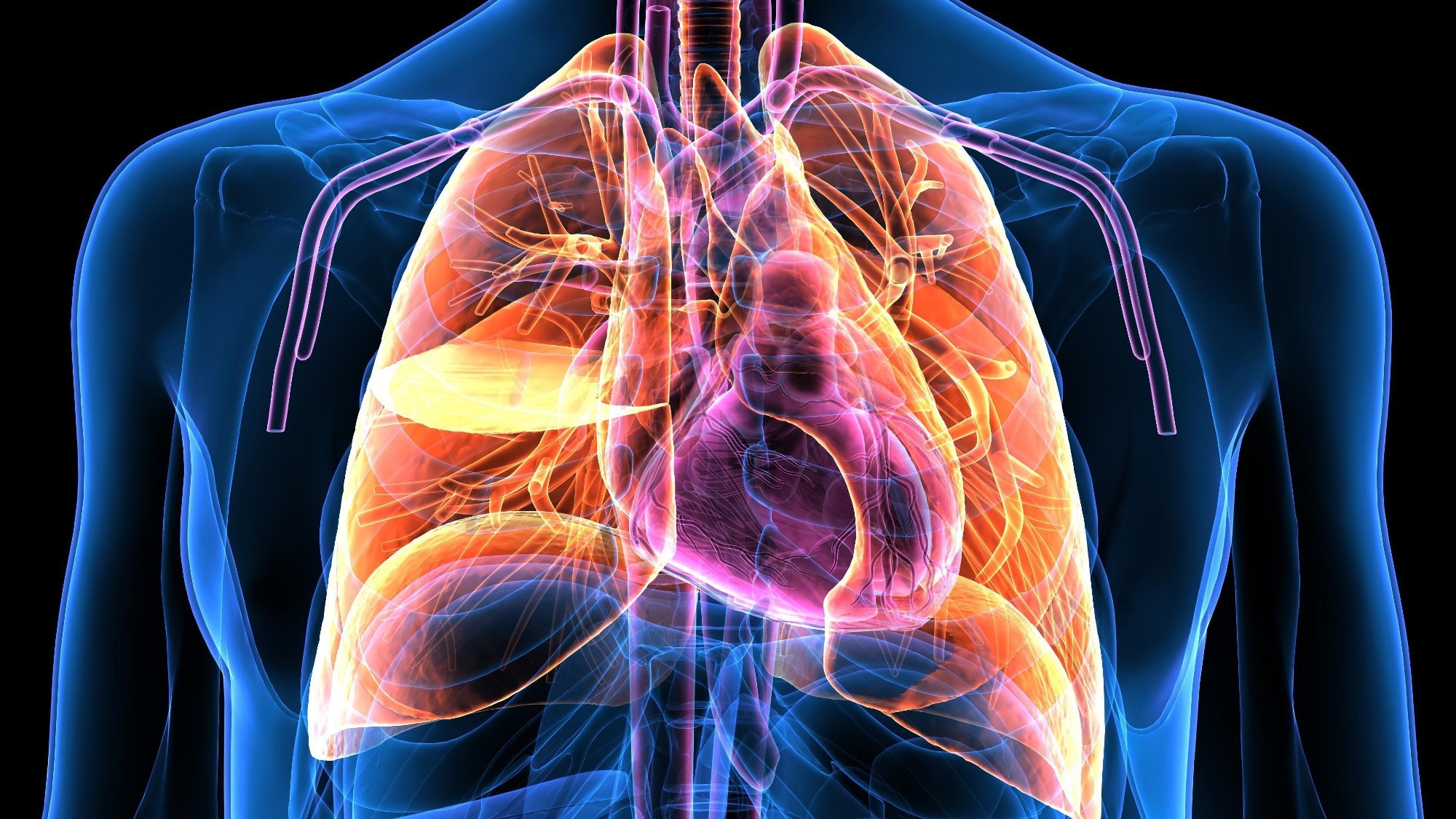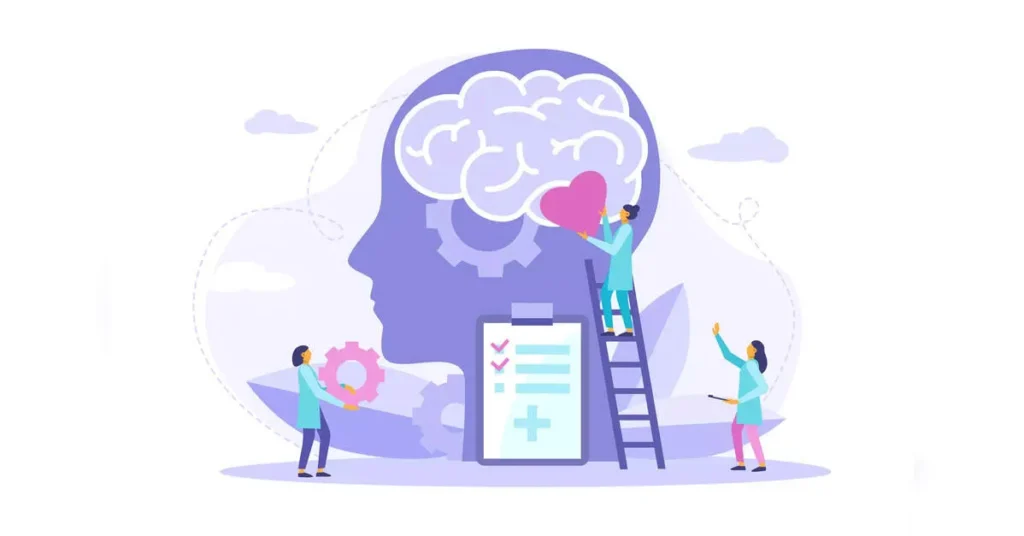Energy drinks are readily available, and many people consume them without considering their potential health effects. It is essential to be aware of these potential heart risks given the drinks' increasing popularity. This is especially true for those with high blood pressure or heart disease.
Learn how energy drinks affect your heart and how to increase your energy safely.
What effects do energy drinks have on the heart?

There are a few key ways that energy drinks can affect your heart. They might alter the way your heart cells work, which could make your heart beat faster or differently. This can be thought of as sending your heart racing without a warm-up. This is very important because these changes can cause serious heart problems, especially in people who already have heart problems.
The Centers for Disease Control and Prevention (CDC) warns that energy drinks' high caffeine content and other stimulants can raise blood pressure and heart rate. These two are heart disease risk factors. Additionally, the National Institutes of Health (NIH) warns that drinking an excessive amount of these drinks can cause heart rhythm problems and other health issues.
What should I look for in an energy drink, such as caffeine?

It's important to be aware of certain ingredients in energy drinks that could harm your health:
Caffeine.
Energy drinks' primary stimulant is caffeine. Heart palpitations, a faster heart rate, and high blood pressure can all result from taking in too much caffeine.
Taurine.

Taurine has the potential to intensify the stimulant effects of caffeine, which can potentially raise blood pressure and heart rate.
Guarana.
There may be additional caffeine in this that is not listed separately. This ingredient increases the amount of caffeine in total.
Ginseng.
This component, which is a common ingredient in herbal medicines, is generally regarded as safe. However, there is a lack of research on effectiveness and safety. Prescription drugs may also interact with some herbal supplements. Before taking ginseng, talk to your doctor about it.

Sugar.
Sugar can raise blood sugar levels and contribute to obesity, which is a risk factor for heart disease.
Vitamins B.
Even though many bodily functions are supported by B vitamins, energy drinks frequently contain more than we should. Taking too many B vitamins can make you more likely to get sick, especially if your liver or kidneys aren't working well.
Synthetic sweeteners.
They may be linked to heart-related health risks when used as a sugar substitute with fewer calories.
:max_bytes(150000):strip_icc()/What-Happens-to-Your-Body-When-You-Drink-Energy-Drinks-Every-Day-2000-3fc4b684f2414f9cae02b1ec6a7900f7.jpg)
Advice on how to drink an energy drink healthily.
There are ways to stay safe and protect your health if you do drink energy drinks or need more energy.
Know the contents: Make better decisions by knowing the ingredients in your energy drink. Some ingredients may be bad for your heart.
Seek out additional energy boosts: To feel more awake, there are healthier options. You can increase your energy by getting enough sleep, eating healthy foods, and drinking enough water.
Pay attention to your emotions: Stop drinking energy drinks if you notice that they make you feel jittery, anxious, or unusual in any way. Instead, look for a different way to get more energy.
Check with your doctor or nurse: Talk to your doctor if you're not sure if energy drinks are safe for you, especially if you have high blood pressure or heart problems.
Energy drinks are popular for providing a quick energy boost, but their impact on health can be significant, especially with frequent use. These drinks often contain high levels of caffeine, sugar, and other stimulants, which can affect your body in various ways.
One of the most prominent ingredients in energy drinks is caffeine, which can lead to an increased heart rate and higher blood pressure. When consumed in high amounts, caffeine may cause heart palpitations, anxiety, and jitteriness. Additionally, because energy drinks typically contain around 80 to 200 milligrams of caffeine per serving, their effects can be amplified when combined with other sources of caffeine, such as coffee or tea.
Other ingredients often found in energy drinks include taurine and guarana. Taurine is an amino acid that can increase the effects of caffeine, while guarana is a plant extract that contains caffeine. When combined, these ingredients can intensify the stimulating effects of energy drinks, potentially causing disruptions in sleep patterns and heightened nervous system activity.
Moreover, energy drinks can also become addictive. Over time, regular consumption may lead to dependence on these drinks for energy, which can result in the body requiring more caffeine to achieve the same effects. This dependence can cause withdrawal symptoms such as headaches, fatigue, and irritability when caffeine intake is reduced.
It’s also worth noting that energy drinks are not regulated by the Food and Drug Administration (FDA), meaning their exact caffeine content can vary significantly from what’s listed on the label. This lack of regulation makes it difficult for consumers to know exactly how much caffeine they are consuming, further increasing the risk of negative health effects.
In conclusion, while energy drinks can provide a temporary boost in energy and alertness, their potential health risks—such as heart problems, high blood pressure, anxiety, and addiction—should not be underestimated. If you choose to consume them, it's important to do so in moderation, be aware of their ingredients, and consider healthier alternatives for boosting your energy, such as getting enough sleep, eating balanced meals, and staying hydrated.
Another concern with energy drinks is their sugar content. Many of these drinks are loaded with sugar, contributing to weight gain and increasing the risk of developing diabetes or other metabolic conditions. For example, a single energy drink can contain more than 30 grams of sugar, surpassing the recommended daily intake of sugar.
Even sugar-free versions may contain artificial sweeteners, which have been linked to potential long-term health issues, including increased risk of heart disease.







